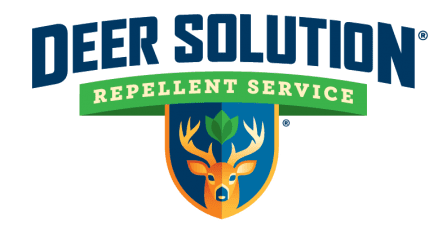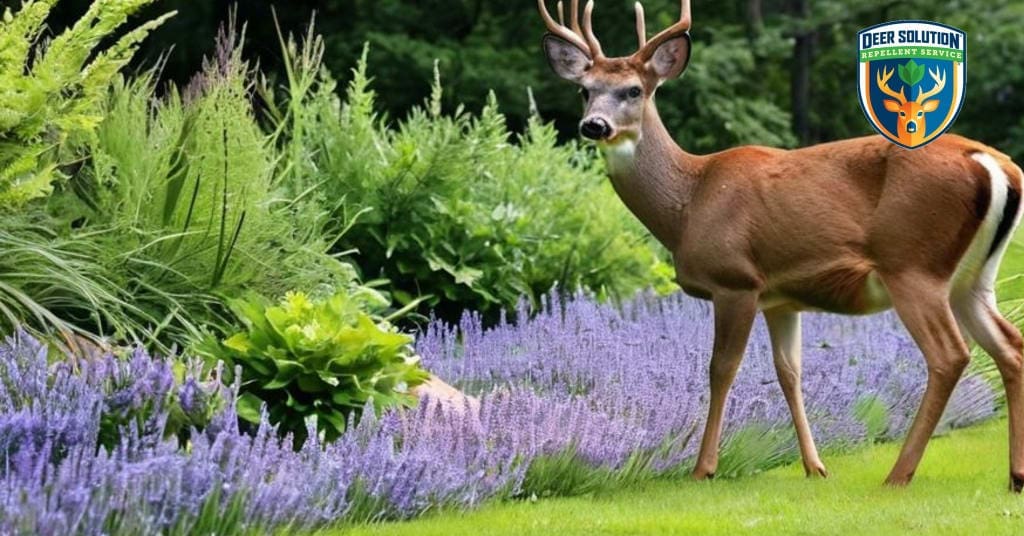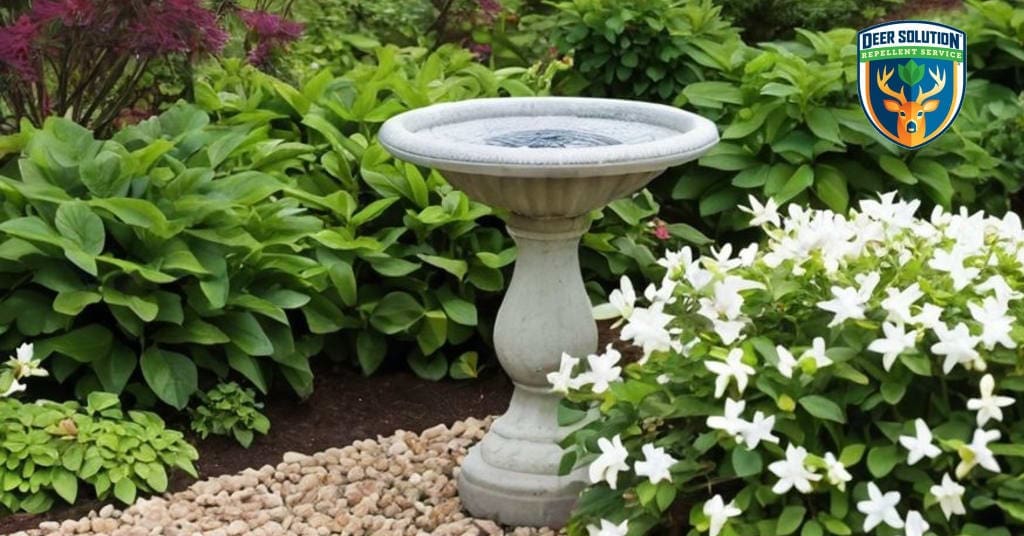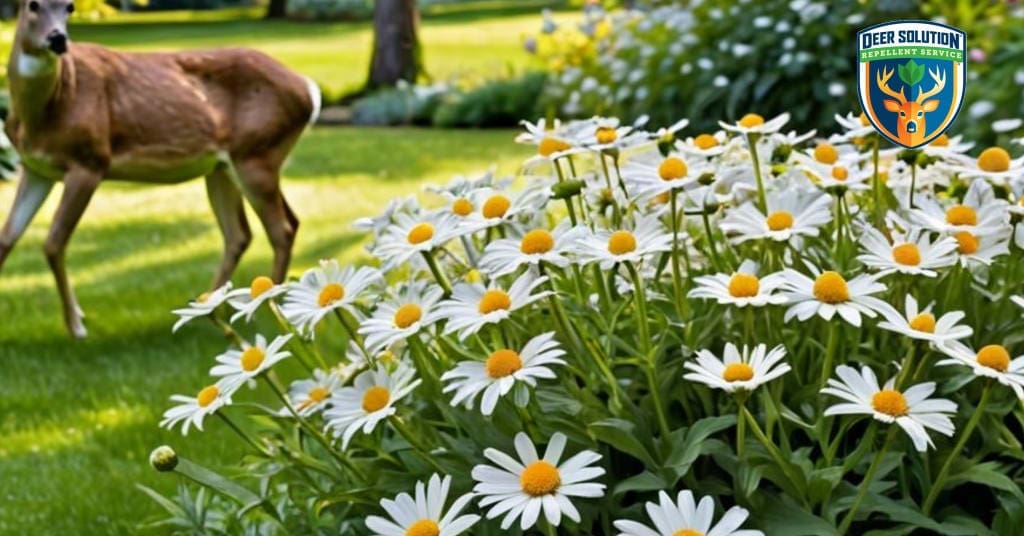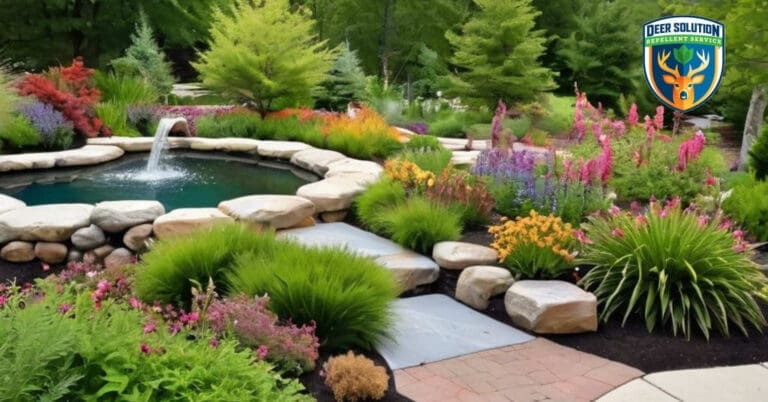Bush honeysuckle, encompassing several species within the Lonicera genus, is a popular choice in many gardens for its attractive, fragrant blooms and ability to form dense thickets that can provide privacy and wildlife habitat. However, in areas frequented by deer, homeowners often wonder about the interaction between these animals and their honeysuckle shrubs. This article delves into the complex relationship between deer and bush honeysuckle, offering insights that can help gardeners make informed decisions about incorporating this plant into their landscapes. The question that arises is, do deer eat bush honeysuckle?
Introduction to Bush Honeysuckle
Bush honeysuckle refers to various species, including the invasive Lonicera maackii and native varieties like Lonicera tatarica. These shrubs are known for their vigorous growth, sweet-smelling flowers, and bright red or orange berries. While valued for their ornamental qualities, some species are also noted for their aggressive growth patterns, which can lead to challenges in management and biodiversity.
Deer Feeding Behavior and Plant Preferences
Deer are opportunistic feeders that adjust their diet based on seasonal availability and environmental conditions. In the spring and summer, deer primarily consume a variety of green plants, while in the fall and winter, they switch to more woody plant material as other food sources become scarce. The texture, taste, and nutritional content of the plants largely influence their choices.
Do Deer Eat Bush Honeysuckle?
The interaction between deer and bush honeysuckle can vary based on the species and the local deer population’s dietary habits:
- Invasive vs. Native Species: Deer tend to browse more on native species of bush honeysuckle compared to the invasive types. Invasive species like Lonicera maackii often have a higher concentration of chemical defenses that make them less palatable to deer.
- Young Growth vs. Mature Plants: Young honeysuckle plants with tender leaves and shoots are more susceptible to deer browsing. In contrast, mature plants with tougher and woodier stems are generally less appealing.
The Ecological Impact of Bush Honeysuckle
While bush honeysuckle, particularly invasive species, can thrive and spread rapidly, they often outcompete native plants, leading to reduced biodiversity. Deer, by browsing selectively, can inadvertently aid the spread of invasive honeysuckle by feeding on native competitors. This complex interaction underscores the importance of careful plant selection and management in maintaining ecological balance.
Advantages of Planting Native Honeysuckle Varieties
Opting for native honeysuckle varieties can offer several benefits for your garden:
- Ecological Harmony: Native plants are better adapted to local conditions and support a wider range of native wildlife, promoting biodiversity.
- Reduced Invasiveness: Native honeysuckles are less likely to exhibit the aggressive growth patterns seen in invasive species, making them easier to manage.
- Pollinator Support: Native honeysuckles attract local pollinators, including bees and butterflies, enhancing the ecological health of your garden.
Managing Deer and Honeysuckle in Your Garden
Gardeners looking to maintain a balance in their garden ecosystem should consider the following strategies:
- Plant Selection: Choose less palatable, non-invasive honeysuckle species to reduce the appeal to deer and minimize unchecked growth.
Conclusion: Navigating the Deer-Honeysuckle Dynamic
The relationship between deer and bush honeysuckle is nuanced, with factors like plant species, plant age, and local deer diet playing significant roles. Understanding these dynamics is crucial for gardeners aiming to cultivate a balanced, beautiful, and biodiverse landscape. By considering the impact of deer and the characteristics of different honeysuckle species, gardeners can effectively manage both the wildlife and plant populations in their outdoor spaces. For those seeking additional protection, professional deer management services offer tailored solutions to safeguard your garden. Deer Solution specializes in providing eco-friendly, all-natural repellent treatments that are safe for families, pets, and the environment. Their monthly treatments are customized to your property’s specific needs, ensuring ongoing protection for your plants.
